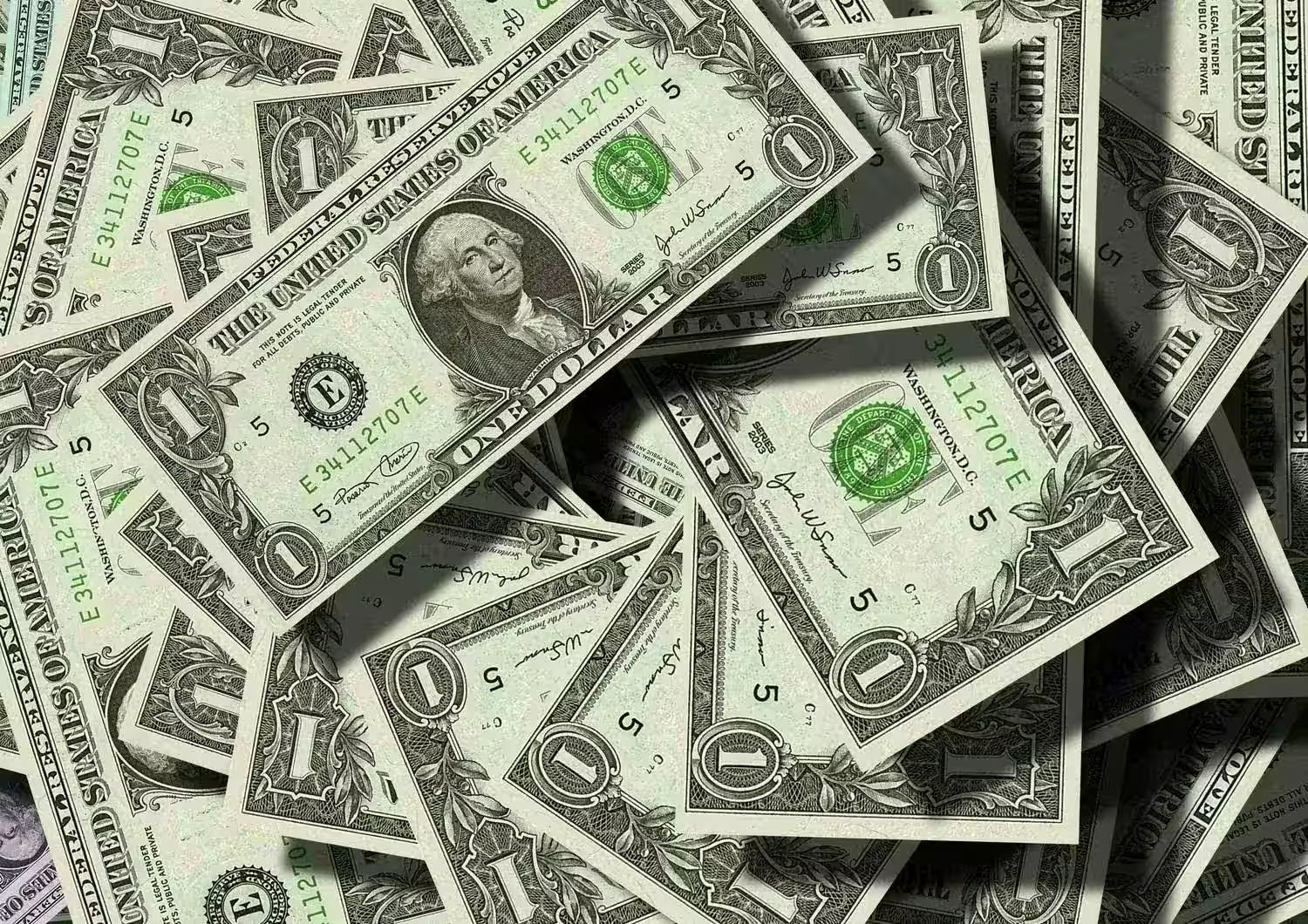Reading time: 5 min
How Money Works?
Money is a resource. It's a way to exchange value — not value itself, but a representation of it. When someone creates value for others, they're often compensated with money. The more value they create, the more they tend to earn.
In the earliest days of civilization, people didn't use money. They exchanged goods — wheat, lentils, peas — whatever they had in surplus. Each person or family specialized in producing more than they needed, so the excess could be traded for other goods they lacked. It was efficient and smart: perishable goods could be swapped before they spoiled, and everyone ended up with a richer, more balanced diet.
As long as people were productive, the system worked well. Everyone contributed. Everyone benefited.
But sometimes, someone didn't need what the other had in that exact moment. Maybe you had extra lentils and someone wanted them, but you didn't want their dates. What then? How do you store the value you just created, so you can spend it later on something you do want?
This is where money entered the picture. Humans began using rare, shiny, desirable materials — like gold — to stand in for value. It wasn't the gold itself that mattered, but what it represented: work done, value created, trust earned. With gold (and later, coins and paper), people could store value over time and use it freely.
Today
In modern times, governments standardized this value system. Currencies like the US dollar were initially tied to gold — the so-called “gold standard.” A dollar simply represented a fixed amount of gold. But over time, the US decoupled its currency from gold. Gold was volatile. The government wanted more control over inflation and stability. So the dollar became fiat — meaning its value came not from gold, but from the trust and productivity of the economy behind it.
This leads to the real question:
Is money finite?
If I earn a dollar, does someone else lose one?
Is wealth a zero-sum game?
The answer is no — not when value is being created.
Money is not like a pie with only so many slices. It's more like a harvest. The more we grow, the more there is for everyone. When you plant and produce something valuable, you're not taking from someone else — you're adding to the collective table. Just like with food: if we all farm more, there's more to share. Prices drop, quality rises. Everyone benefits.
Money simply follows this value. It's just a signal. A reward for effort. A tool for exchange. The more people build, the more wealth exists. And as long as people are growing, making, and solving problems, money — real money, grounded in value — keeps flowing.
So no, money isn't magic.
But it is meaningful.
And it's made — not by taking — but by doing.
